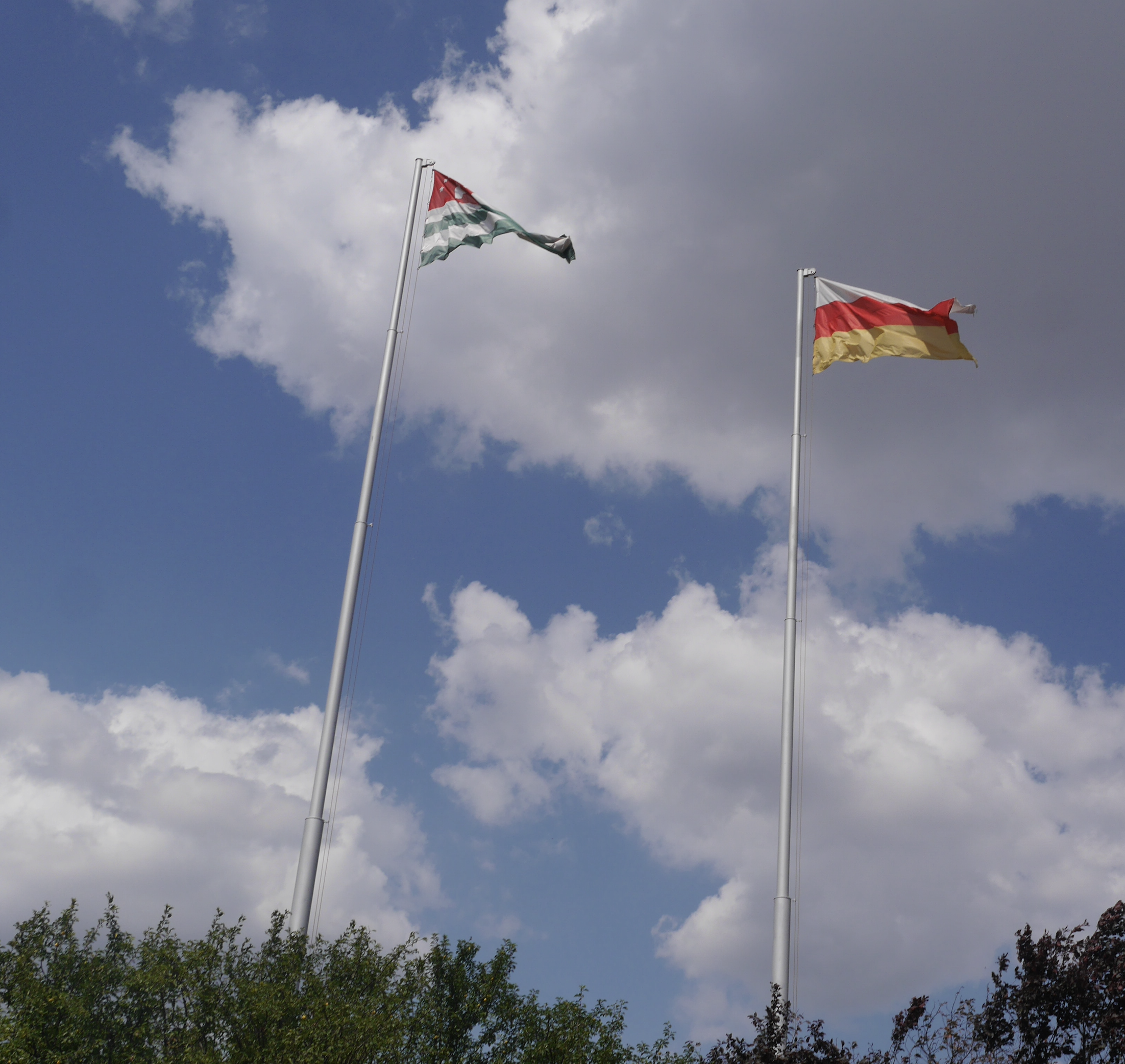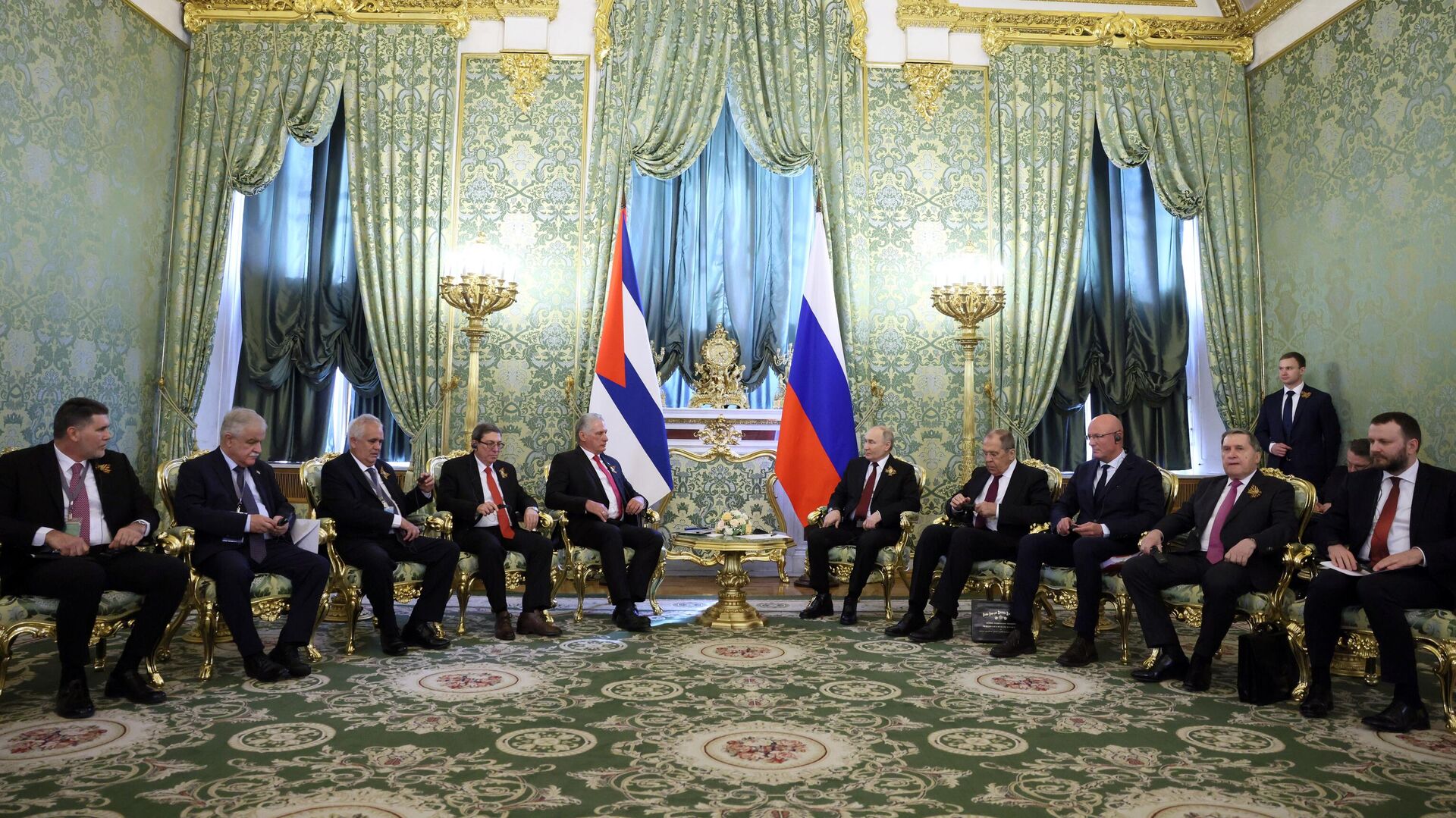
Russia Poised to Arbitrate Regime Change in Belarus (Part Two)
Russia Poised to Arbitrate Regime Change in Belarus (Part Two)
*To read Part One, please click here.
Regime change remains Moscow’s political objective in Belarus (see Part One). This is defined as easing out President Alyaksandr Lukashenka with his assent, as part of an internal constitutional settlement. Russia wants this settlement to be negotiated by means of a national dialogue in Belarus, among an inclusive range of local stakeholders, under Russia’s exclusive mediation. Russia aims to turn Belarus from a presidential republic without a political party system into a parliamentary republic with a multi-party system.
The Kremlin pursues this objective not out of democratic considerations, but in order to disperse political and executive authority in Belarus among multiple decision-making centers and play them off against each other in the future. An unexpected advocate for checks-and-balances, Moscow must know that an immature political system such as that of Belarus is unlikely to handle the checks-and-balances system effectively. By the same token, the multi-party system is likely to result in unstable coalition governments, with constantly shifting permutations among parties.
One or more pro-Moscow, mass-based parties would hold major stakes in any party system in Belarus thanks to Moscow’s support. Western-oriented parties are likely to be smaller and factionalized, if experience is any guide. The net result would turn Moscow from arbiter of such a constitutional settlement into the arbiter of Belarus’s parliamentary majorities and governing coalitions in the future.
Nor does this system guarantee real party pluralism or representative democracy. Tried and tested in Ukraine, Moldova, and Georgia, it has invariably given way to either oligarchic state capture or single-party government, but only after trials and tribulations, and without bringing remedies to ineffective governance.
Under Lukashenka, no parallel (let alone competing) decision-making authorities were allowed, the president being the only available interlocutor to Russia in Belarus. Effectively monopolizing this role, Lukashenka made it impossible for the Kremlin to play off Belarusian politicians and interest groups against each other. This was a key factor not only to Lukashenka’s power but also to protecting Belarus’s state sovereignty vis-a-vis Russia. The dispersal of political authority and rise of competing power centers in Belarus could open ample scope for Russia’s manipulation and penetration of the state and economy.
A Russian-mediated constitutional reform along those lines would, ironically, cast Moscow as a sponsor of Belarus’s transition from autocracy to democracy. It would, moreover, not only accept but encourage the replacement of the now-existing state flag with the white-red-white national flag, satisfying nationally and civic-minded Belarusians on that score. But the proposed constitutional reform would open wide and unprecedented avenues for Russian influence in Belarus’s political, economic, and security systems. President Lukashenka had closed such avenues to Russia during his time in office. He did so in large part for the sake of his own power, but this did keep Russia out of the system for many years until now.
The Kremlin has evidenced an inclination to mediate national dialogues, constitutional settlements, and the formation of government coalitions in several countries, including Ukraine, Moldova, and now Belarus. The Kremlin introduced constitutional reform in the sense of decentralization into the Minsk “agreements” with Ukraine. It purports to hold Ukraine to that “obligation,” and claims a right to vet that constitutional reform (Kyiv resists this). Similarly, Russia requires a Moldovan constitutional reform as a pre-condition of settling the Transnistria problem. To be sure, these cases are tied to territorial conflicts, differing in this sense from the situation in Belarus. In Moldova, however, Russia’s deputy presidential administration head Dmitry Kozak (a constitutional lawyer) mediated the formation of a coalition government in 2019 in Chisinau itself. That mediation was coordinated with the European Union and the United States and resulted in a balanced coalition government of pro-Western and pro-Russia forces.
In Belarus, on the other hand, Moscow rejects Western proposals for an international or neutral mediation of the Belarusian national dialogue. Moscow insists on becoming the sole mediator, although it might at a later date solicit Western blessing to the outcome of Russia’s unilateral mediation. Nor do pro-Western political organizations exist in Belarus, whereas pro-Moscow political organizations should not be difficult to create.
Might Belarus, under such circumstances, turn into a “democratic” Moldova? A multi-party, dysfunctional, polarized system, lurching from one unstable coalition to the next, open to oligarchic takeovers (Russian ones in Belarus’s case), and living off the previously accumulated, soon-to-be-exhausted national assets? Not necessarily, but it is a distinct possibility.
Lukashenka had himself envisaged a move from the presidentially centered system to a de-personalized system, with substantial powers to be transferred to the parliament and government. The head of state was, however, late to start the preparations for constitutional reform. That could easily have been managed from above by a Lukashenka with his authority intact, a designated team of successors, and with 2021 as a firm target date. But the president temporized and missed that chance. He will still be an important partner in the upcoming national dialogue, but mainly because Moscow insists on his participation to ensure a formal constitutional continuity. Moscow seems to envisage a transitional period of about one year to complete the regime change.


